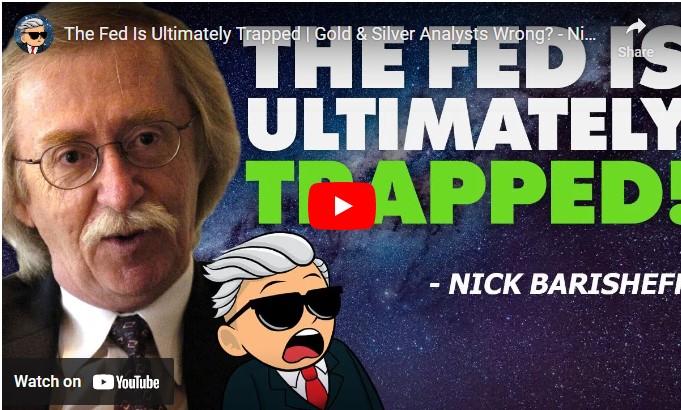Gold Loves Financial Repression And We’ve Got It Worldwide
The comments below are an edited and abridged synopsis of an article by Adrian Ash
Everyone’s talking about financial repression, the capture and torture of domestic savers with lower-than-inflation rates of interest, so that bank and government debt shrinks in real terms.
“Such policies,” says economic historian and author Carmen Reinhart, “usually involve a strong connection between the government, the central bank and the financial sector… financial repression… with its dual aims of keeping interest rates low and creating or maintaining captive domestic audiences… will likely be with us for a long time… [It’s] equivalent to a tax on bondholders and, more generally, savers.”
Yet the classic escape route of buying gold—blocked worldwide when governments wore down their 20th century wartime debts—has scarcely been mentioned.
No one is forcing US citizens to keep their money in the US, or forcing them to choose a euro, loonie or sterling savings account if they go elsewhere. Which is lucky, with rates at 1%, 2% and 3% below inflation respectively.
The finance industry is paying the price of getting bailed out, with the world’s $30 trillion in pension funds forced to hold ever-greater quantities of sub-zero-yielding debt. But private savings can go where they want and do as they please. In India and China, for example, the freedom to buy gold—the universal financial escape—is at a 100-year peak.
Nothing is certain to repair the losses you suffer on other captive investments. US citizens suffering real interest rates at 4.6% below inflation in January 1975 were allowed to buy gold for the first time in 30 years. Bullion promptly dropped half its dollar price, shaking out all but the most stubborn investors over the next 18 months before rising 8-fold by the start of 1980.
If you want to earn an inflation-adjusted return of minus 2%—3% as offered by Treasury bills, then you must take risk in some form. Buying gold is just such a risk—a uniquely simple and obvious one, offering a stateless escape to a borderless market.


